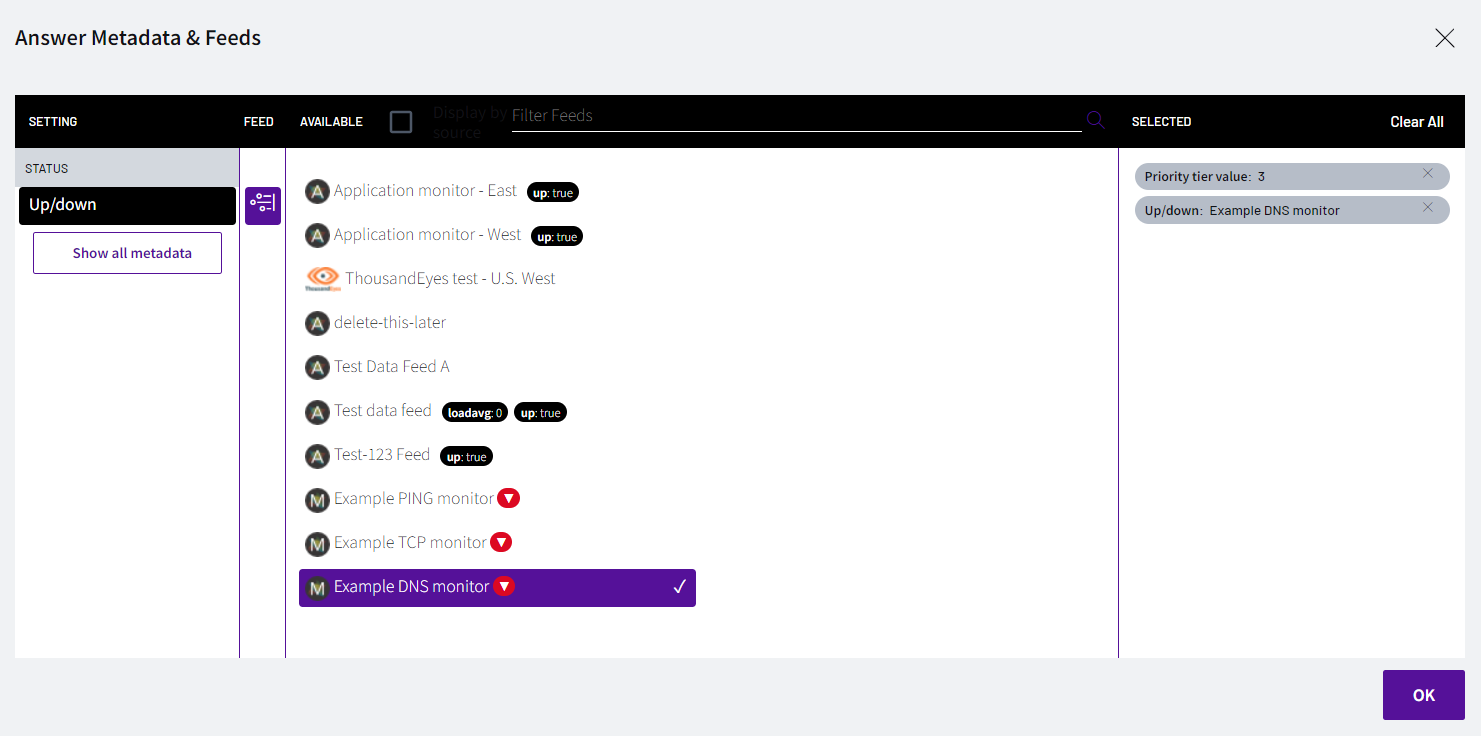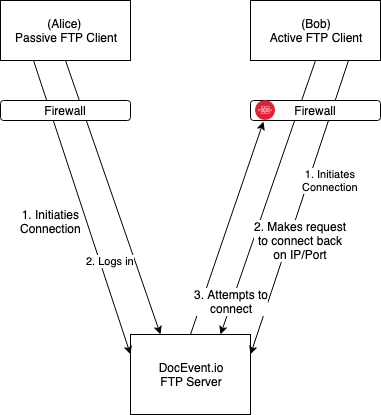
Web servers are used to host websites, web apps and other content on the Internet. The best server for you depends on your use case, deployment and operating system. Here are a few options for you to consider:
Local Servers
If you need to host a site for a small scale business, or if your website is small in size, a web server local may be the most suitable choice. These servers are specialized for their purpose and offer a more secure and convenient way to host websites.
Open Source Web Servers
Open source web servers come in a variety of flavors, each with its own advantages and disadvantages. But there are a few standouts. Apache, Nginx Lighttpd Caddy and Lighttpd are among the best.

Apache is used as the main web server by more than 50 percent of websites. It is free to install and download, open source and modular, making it easy to add new functions and modify the site's configuration.
Nginx
Nginx is a lightweight, high-performance web server that is fast and reliable. Many businesses use it to serve static and dynamic content. It also supports SSL/TLS authentication, basic HTTP, virtual hosting and URL rewriting.
Lighttpd
Lighttpd is a UNIX based webserver that aims for low resource usage, fast performance and a small footprint. It can be run on systems that have limited storage and memory without using more CPU power.
LiteSpeed
LiteSpeed is another web server that you should consider. It was developed specifically for environments with low memory, such as embedded devices and home computers. This server has been developed to meet the challenges other mainstream web servers have due to their resource needs. It is the fastest option in terms on resource usage if you're looking for a compact webserver that can handle a high volume of traffic without consuming excessive resources.

Cherokee
It was created as an individual developer's personal project. Although it does not have some of the latest features like Nginx and Lighttpd it is a great option for anyone looking to host a website in a simple, easy-to-manage environment. It has a user-friendly interface, making it easy to use even by casual users.
Caddy
Caddy does not require any scripts or additional software to run. Caddy is an excellent choice for people who don't know how to configure the Apache or Nginx servers.
This server uses an architecture similar to Nginx. But it works in one thread and handles requests asynchronously, making it useful on systems without many CPU cores. It's not as scalable as Nginx or Lighttpd, but it does manage to keep up with a few hundred requests per second.
FAQ
What is responsive web design?
Responsive Web Design (RWD) is an approach to designing websites where content displays responsively on all devices - desktop computers, laptops, tablets, smartphones, etc. This allows users to simultaneously view a website from one device while still being able to access other features, such as navigation menus and buttons. RWD is designed to ensure that a user can view a site on any size screen.
If you are building a website to sell products primarily via eCommerce, then you want to make sure that customers can purchase items from your store even if they view it on their smartphones.
Responsive websites will adjust their layout according to the device that is being used. So, viewing the site on your laptop will look like a standard desktop website. It will be different if the page is viewed from your phone.
This means that you can create a single website that looks great on every type of device.
How much do web developers make?
When working on a website for yourself, you'll probably earn around $60-$80 per hour. You can charge more if you're an independent contractor. The hourly rate could be anywhere from $150 to $200
How do I create my own website?
It all depends on the type of website you are trying to build. Do you want to sell products online? Start a blog? Build a portfolio?
It's possible to make a website that is essential using HTML and CSS. While it's possible to create a simple website using HTML and CSS, most web developers recommend using a WYSIWYG editor such as Dreamweaver or Frontpage.
If you don't have experience designing websites, hiring a freelance developer might be the best option. They can help create a custom website for you based on your requirements.
A freelance developer may charge you either a flat-fee per project, or an hourly fee. It all depends on how much work they do in a set timeframe.
For example, companies may charge 50-100 dollars an hour. Larger projects will usually attract higher rates.
In addition, many freelance websites list available jobs. You can search there before you contact potential developers directly.
Where Can I Find Freelance Web Developers?
There are many places you can find freelance web designers or developers. These are some of the best choices:
Freelance websites
These sites provide job listings for freelance professionals. Some have very specific requirements, while others don't care what type of work you do.
Elance is a great place to find graphic designers, programmers and translators.
oDesk has similar features, but they focus on software development. They have job opportunities in PHP. Perl. Java. C++. Python. JavaScript. Ruby. Android. And.NET developers.
Another option is to visit oWOW. Their site is focused on web and graphic designers. They also offer video editing, writing, programming, SEO, social media marketing, and many other services.
Forums online
Many forums allow members of the community to post jobs or advertise their services. DeviantArt is a forum for web developers. A list of threads will appear if you type "web developer” in the search box.
How to design a website?
The first step is to understand what you want your site to do for your customers. What do they look for on your site?
What problem might they face if your site doesn't have what they are looking for?
You now need to know how to fix the problems. Make sure everything looks good on your website. It should be easy-to-use and navigate.
Your site should be very well-designed. It shouldn't take too many seconds to load. If it takes too long, people may not be able to stay as long. They'll move elsewhere.
If you're going to build an eCommerce site, you need to think about where all your products are located. Are they all in the same place? Are they all in one place?
It is important to decide whether you will sell only one product or multiple products at once. Are you looking to sell one product or several?
These questions will help you decide if you want to build your website.
Now, it's time to take care of the technical aspects. How will your site work? Is it fast enough? Are people able to get it done quickly from their computers?
Will people be able to buy something without having to pay extra? Will they have to register with your company before they can buy something?
These are vital questions you need to ask. Once you know the answers to these questions, you'll be ready to move forward.
Statistics
- Is your web design optimized for mobile? Over 50% of internet users browse websites using a mobile device. (wix.com)
- In fact, according to Color Matters, a signature color can boost brand recognition by 80%. There's a lot of psychology behind people's perception of color, so it's important to understand how it's used with your industry. (websitebuilderexpert.com)
- Did you know videos can boost organic search traffic to your website by 157%? (wix.com)
- The average website user will read about 20% of the text on any given page, so it's crucial to entice them with an appropriate vibe. (websitebuilderexpert.com)
- It's estimated that chatbots could reduce this by 30%. Gone are the days when chatbots were mere gimmicks – now, they're becoming ever more essential to customer-facing services. (websitebuilderexpert.com)
External Links
How To
What is website hosting?
Website hosting is the location where people go when they visit websites. There are two types:
-
Shared hosting - This is the cheapest option. Your website files reside on a server controlled by someone else. Customers who visit your website send their requests via the Internet over to that server. You then receive the request from the owner of the server.
-
Dedicated hosting is the most expensive option. Your website resides entirely on one server. Your traffic is private because no other websites have shared space on this server.
Because it is less expensive than dedicated hosting, shared hosting is preferred by many businesses. The company hosting the server will provide the resources necessary to manage your website.
However, both have their advantages and disadvantages. These are some of the major differences between them.
The pros of shared hosting:
-
Lower Cost
-
Easy to Setup
-
Regular Updates
-
It can be found on many web hosting companies
You can get shared hosting for as low as $10 per monthly. Remember that shared hosting usually comes with bandwidth. Bandwidth is how much data you can transfer to the Internet. Even if you upload only photos to your blog you might still have to pay more for large amounts of data that you transfer through your account.
Once you start, you'll quickly realize why you were paying so much for your previous host. Most shared hosts provide very limited customer support. Their techs will occasionally walk you through setting up your site, but you're on your own after that.
It is important to find a provider that provides 24-hour support. They will attend to any issues you have while you sleep.
Cons of dedicated hosting
-
More Expensive
-
Less common
-
Requires Special Skills
With dedicated hosting, everything you need for your website is at your fingertips. You won't worry about how much bandwidth you are using or how much RAM (random Access Memory) you have.
This means you will need to spend more upfront. Once you get started with your online business, you will find that you don't require much technical support. You'll quickly become an expert at managing your server.
So Which Is Better For My Business?
The answer to this question depends on which type of website you wish to create. If you only want to sell products, then shared hosting might be the best choice. It's very easy to setup and maintain. Because you share a server, you will most likely receive frequent updates.
If you want to create a community around a brand, dedicated hosting may be the best choice. You can put your efforts into building your brand, and not worry about how to handle your traffic.
Bluehost.com is the best web host for both. They offer unlimited monthly data transfers, 24/7 support, free domain name registration, and a 30-day money-back guarantee.